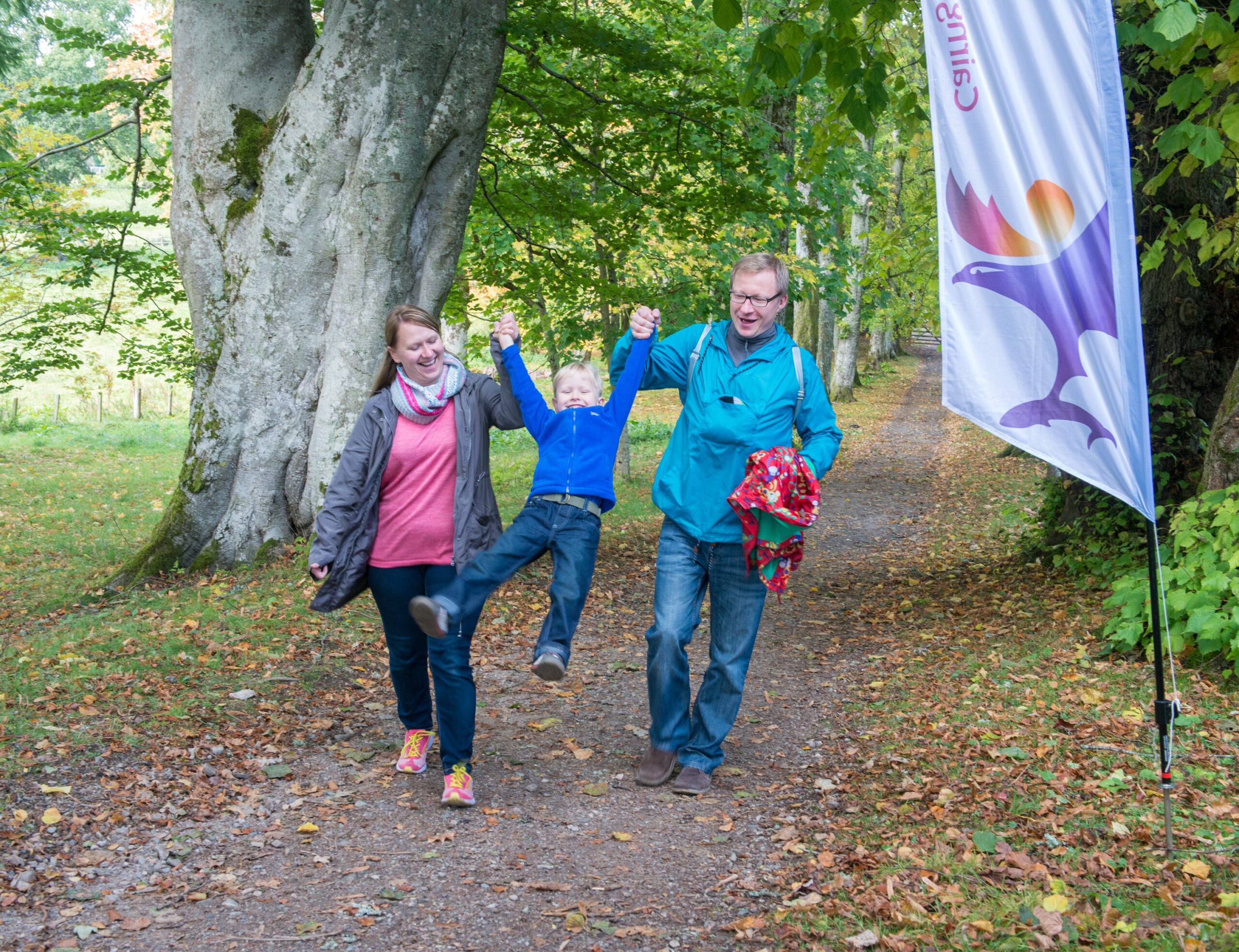This week, our Chief Executive Debbie Lye gave evidence to a select committee inquiry into the social impact of participation in sports and culture.

The social impact of sports and culture: our evidence

This week, our Chief Executive Debbie Lye gave evidence to a select committee inquiry into the social impact of participation in sports and culture. Below, we publish our written evidence, which sets out how all of the projects we fund demonstrate the positive social impact that participating in sport and culture can have.
Debbie Lye: “Spirit of 2012’s funding focuses on many of the ingredients for a happy life – arts, sports and cultural experiences that bring people together, often to try something new and always with the aim of leaving a lasting legacy of happier, healthier individuals and communities.
We know from our own evaluation and research that taking part in arts and sports events can have a profound impact on wellbeing.
Providing inclusive and fun opportunities in arts and sports means happier people, and healthier, better integrated communities. The quality of provision is key. But also crucial are ensuring the offer is something people actually want, and the removal of barriers that currently prevent many people – especially young people – from taking part in arts and sports activities.
Targeting groups that are statistically less likely to take part can yield the greatest rewards: empowering those who are socially isolated, engaging those who are inactive, inspiring those who feel left out of the loop or lack confidence in and around arts and culture.
People participating in these things can lead to a reduction of mental ill health, a lessening of anti-social behaviours, a rise in social interaction and community cohesion. Which all adds up to less costly work for our NHS, social care and criminal justice systems.

I would second Dr Daisy Fancourt’s call for a ‘five-a-day’ equivalent for arts and culture, and a renewed focus on investment in these areas which can have as profound an impact on health – including mental health – as medication, diet or exercise.
There is huge scope for prevention rather than cure: we believe in the power of social prescribing, and the efficacy of involvement in arts and sports activities as a way of staving off loneliness, low self-worth, isolation and, ultimately, ill health.
Funding sports and cultural events should never be viewed simply as a cost, but rather an investment into the health of individuals and in our whole communities.
Further information
To learn more about the Government’s select committee inquiry into the social impact of participation in sports and culture, click here.
